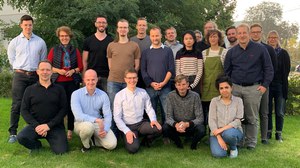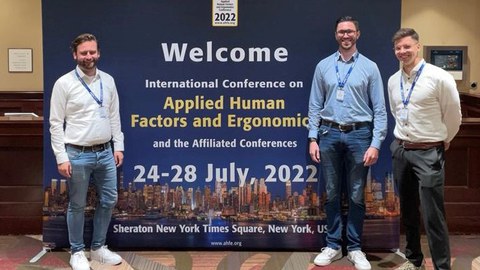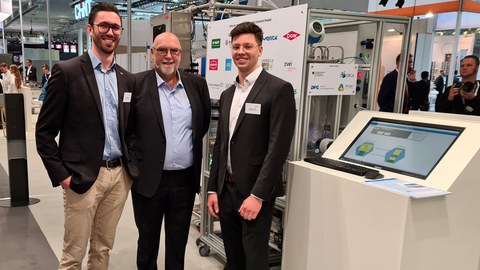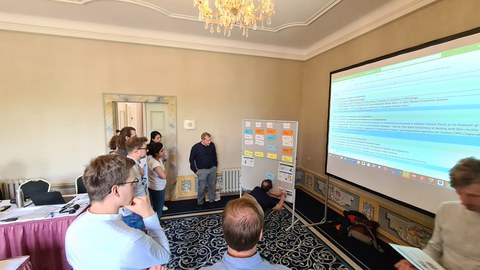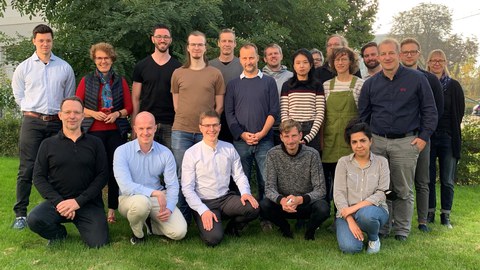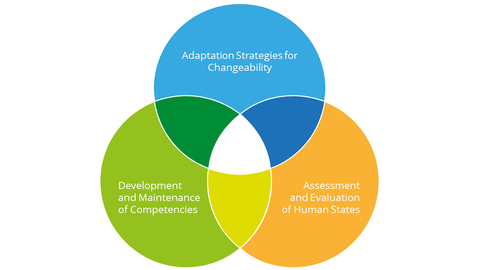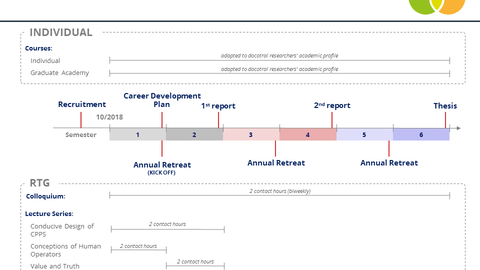Research-Training-Group 2323: Conducive Design of cyber-physical production systems
Welcome to the website of the Research Training Group 2323 on the conducive design of cyber-physical production systems. We are pleased to present you more about our interdisciplinary work in a highly dynamic environment on the subpages.
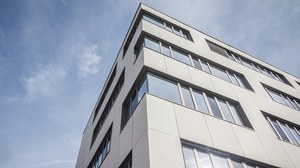 © GRK2323
© GRK2323
The Research Training Group
The GRK deals with the design of the cooperation between human and machine in cyber-physical productions systems (CPPS). CPPS consist of a combination of networked digital (cyber) und physical system components. Their architecture enables system changes to be made within the shortest time. The resulting flexibility requires new designs of the Human-Technology-Cooperation. Therefore, GRK opposes the prevailing technology-centered approaches with a human-centered perspective on the design of CPPS.
The RTG’s main goal is to contribute scientific insights on how the conducive design of CPPS influences competencies, health and trust of human operators. Three thematic clusters will be in the focus of interest: adaptation strategies for changeability, the development and maintenance of competencies, as well as the assessment and evaluation of human states. To address issues related to the three clusters, the interdisciplinary research team will combine and adapt theoretical concepts that so far have only been considered within the boundaries of relatively independent research traditions. It will develop new methods and evaluate them in prototypical systems to provide an empirical basis for deriving suitable interventions. Studying the design of CPPS in two application domains – process industries and mobile agricultural systems – will allow for generalizing the insights to a wide range of CPPS domains.
The interdisciplinary qualification program offers local as well as international mentoring and training. It includes colloquia for reflecting and discussing goals, values, and methods of the different disciplines, as well as courses at the intersection of engineering sciences and psychology. Furthermore, it provides manifold opportunities for the RTG’s doctoral researchers to share and discuss their work with local and international experts. To promote interdisciplinary collaboration and communication, the RTG is organized as a project house around the participating researchers’ design and evaluation laboratories. Moreover, each doctoral researcher is supervised by two participating researchers from different disciplines. With this program, the doctoral researchers will acquire knowledge and competencies regarding the scientific traditions of the disciplines, and at the same time will benefit from the innovative potential provided by the research at the interfaces between disciplines.

